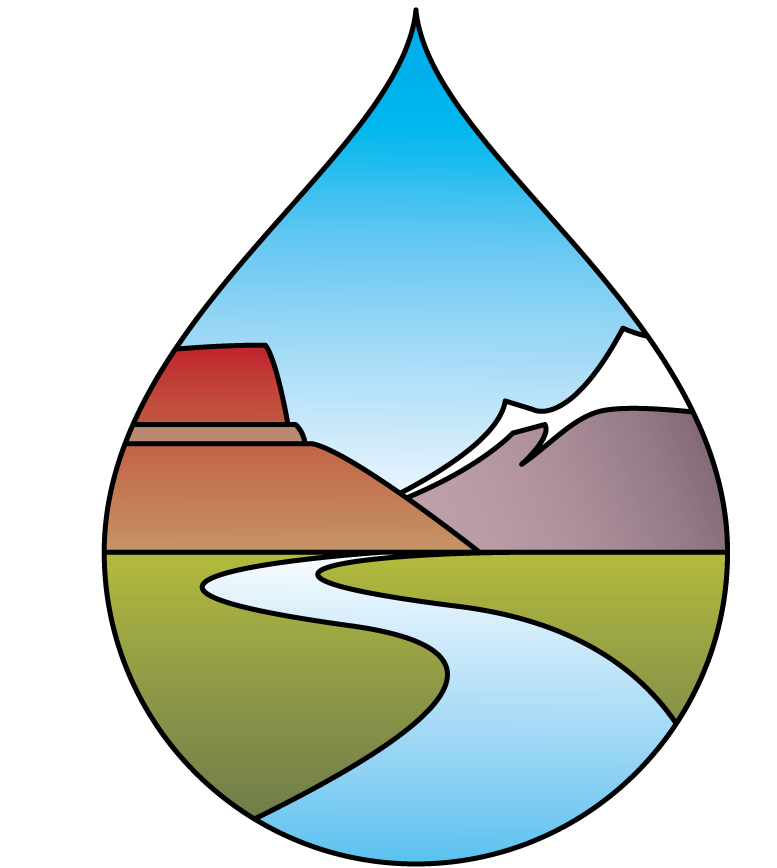From time to time, the Western States Water Council hosts workshops or webinars on topics of particular interest to its member states, or prepares surveys and reports on how our different member states are handling various water issues in the West. The topics below contain links to additional information and resources, collected into a single space. The pages will continue to be updated as new work is completed.
Indian Reserved Water Rights
Since 1981, the WSWC and the Native American Rights Fund (NARF), working together with tribal representatives and other public and private experts, have participated in an Ad Hoc Group on Indian Water Rights Settlements. The WSWC and NARF also hold a biennial Symposium on the Settlement of Indian Reserved Water Rights Claims for experts to exchange information and advice regarding Indian water right settlements. (More information and resources.)
Pumped Storage Hydropower
Under Construction
add blurb
R2O
Under Construction
add blurb
S2S
Western States experience great variability in sub-seasonal to seasonal (S2S) precipitation, with serious impacts and consequences for water supply planning and management. The S2S forecasting skill is still minimal and scientifically challenging. WSWC has supported various state-federal-stakeholder workshops, as well as letters of support for regional pilot project Congressional appropriations. (More information and resources.)
State and Federal Funding Mechanisms
WSWC supports states, federal agencies, tribes, and local communities working together to identify water problems and to develop optimal solutions at the lowest appropriate level. Appropriate water-related investments in these collaborative solutions may ensure our continued ability to manage our limited water resources for diverse uses across the West. Federal, state and local programs to publicly finance water-related projects and initiatives are crucial, but they are generally insufficient compared to the needs. Collaboration offers opportunities to identify how such programs and funding opportunities might be combined, sometimes with additional assistance from the private sector, to accomplish overlapping objectives. (More information and resources.)
Stream Restoration and Water Rights
Beginning in 2023, WSWC, WestFAST, and CK Blueshift collaborated on a series of informational webinars on aquatic ecosystem restoration. The series brought together state water managers, regulators, federal agencies, and stakeholders to share knowledge and collaboratively develop solutions to advance aquatic ecosystem restoration, comply with state and federal laws, and deploy federal funding efficiently. The webinars focused on permitting processes, water laws in Western States, and the role of water rights to facilitate better cooperation on future projects. (More information and resources.)
Water Reuse
Under Construction
add blurb
Western States Federal Agency Support Team (WestFAST)
Western Water Cooperative Committee (Corps)
In 2022, Congress created a new Western Water Cooperative Committee (WRDA §8158). The purpose of this Committee is to ensure that U.S. Army Corps of Engineers (Corps) “flood control projects in Western States are operated consistent with congressional directives by identifying opportunities to avoid or minimize conflicts between the operation of the [Corps] projects and water rights and water laws in such States.” The membership of the Cooperative Committee includes the Assistant Secretary of the Army for Civil Works, the Chief of Engineers, two representatives from each Western State appointed by the governor and the attorney general, and one employee from each of the impacted regional offices of the Bureau of Indian Affairs. (More information and resources.)
Wildfires
Under Construction
add blurb
WOTUS
Under Construction
add blurb
